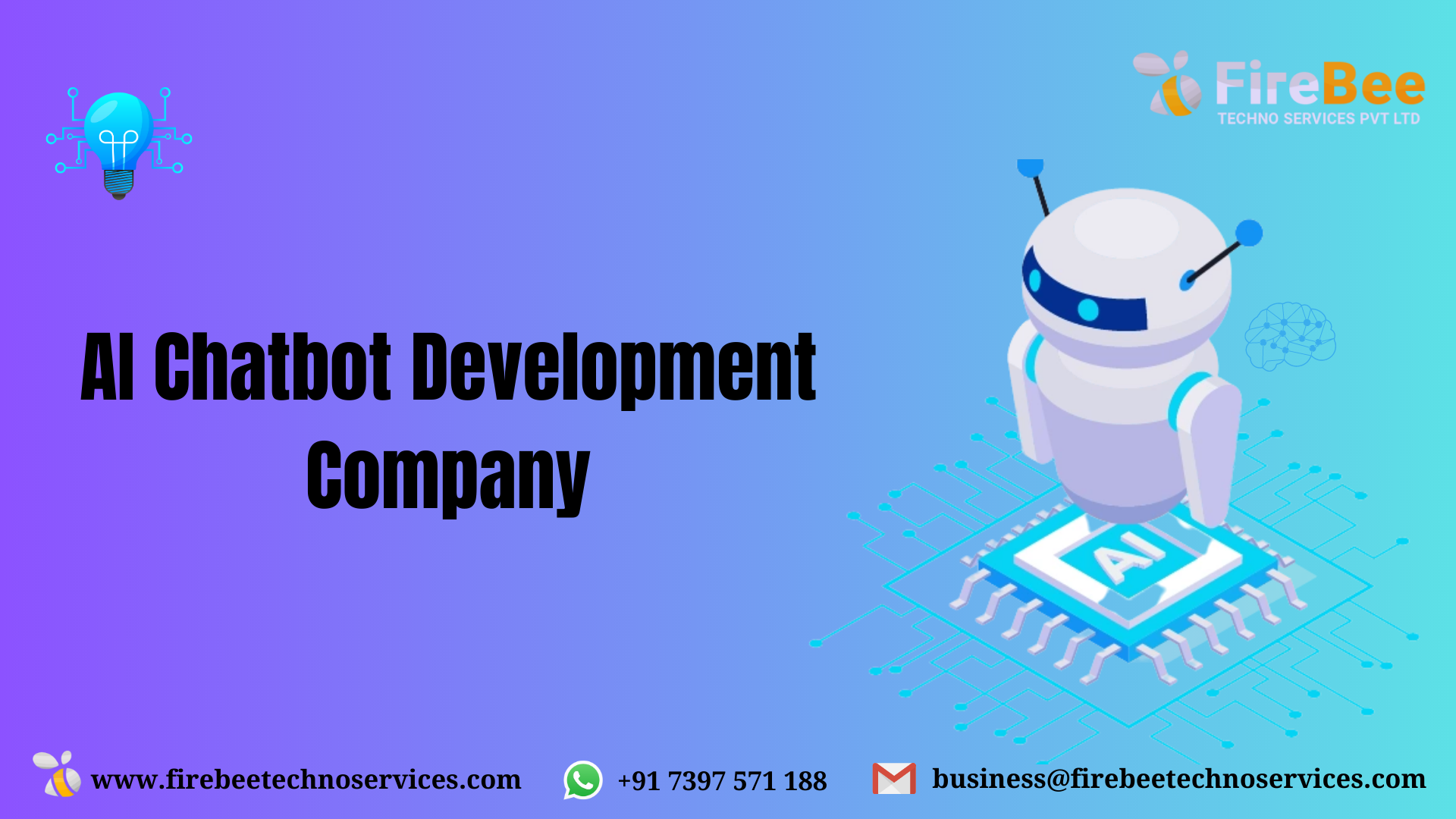Developing an AI chatbot has become a crucial endeavor for businesses aiming to enhance customer engagement, streamline operations, and offer round-the-clock support. However, choosing the right platform for AI chatbot development is a decision that warrants careful consideration. With a plethora of options available in the market, a comparative analysis can help guide this decision-making process effectively.
AI chatbot development involves creating interactive software that uses artificial intelligence techniques to simulate human conversation. These chatbots can be deployed across various platforms, such as websites, messaging apps, and voice assistants, to engage with users in natural language and provide assistance, information, or entertainment. First, data collection and preprocessing are vital to train the chatbot's language model effectively. Next, natural language processing (NLP) and machine learning algorithms are employed to enable the chatbot to understand user inputs and generate contextually relevant responses. Additionally, incorporating features like sentiment analysis and context retention enhances the chatbot's conversational capabilities.
Natural Language Processing (NLP) Capabilities:
NLP forms the backbone of any AI chatbot. Google's Dialogflow and OpenAI's GPT-3 are notable platforms in this realm. Dialogflow offers powerful intent recognition and context management, making it ideal for task-oriented bots. On the other hand, GPT-3 boasts astonishing language generation abilities, suitable for more creative and dynamic conversations. The choice depends on whether your chatbot's primary function is task completion or natural conversation.
Ease of Use:
Many businesses require a user-friendly platform that doesn't demand extensive programming skills. Platforms like Chatfuel and Botsify offer drag-and-drop interfaces, enabling chatbot development without coding knowledge. Meanwhile, Microsoft's Bot Framework provides a balance between graphical interface and code customization for more intricate bots.
Integration with Existing Systems:
Seamless integration with your current systems is crucial for data flow and process automation. Microsoft's Bot Framework and IBM's Watson Assistant offer robust integration options with various enterprise systems. If your organization heavily relies on Microsoft products, Bot Framework's compatibility with Azure services might be a deciding factor.
Scalability:
The ability to handle increased workload is a critical factor in choosing a chatbot platform. Facebook's Wit with its auto-scaling feature, ensures your bot can manage sudden spikes in user interactions. Additionally, Amazon Lex, built on AWS, offers virtually unlimited scalability, making it suitable for businesses anticipating rapid growth.
Customization and Flexibility:
Some platforms provide pre-built templates for quick deployment, but limited customization. Rasa, an open-source framework, grants complete control over every aspect of your chatbot. It's an ideal choice when your business needs a highly tailored and unique conversational experience.
Data Security and Privacy:
Handling user data in compliance with privacy regulations is non-negotiable. IBM's Watson Assistant offers options for HIPAA and GDPR compliance, making it suitable for industries dealing with sensitive information like healthcare and finance.
Cost Considerations:
The pricing structure of chatbot platforms varies widely. Some, like Dialogflow and Botsify, offer free tiers with limited features, while others like Amazon Lex and GPT-3 charge based on usage. It's essential to evaluate your expected usage and budget before committing to a platform.
Support and Documentation:
Robust documentation and responsive support can significantly expedite the development process. Platforms like fire bee we offer extensive documentation and active developer communities, making troubleshooting and learning more accessible.
Multilingual Support:
If your target audience speaks multiple languages, selecting a platform with strong multilingual capabilities is vital. Microsoft's Bot Framework and IBM's Watson Assistant provide good multilingual support, allowing your chatbot to engage with a diverse user base.
Voice and Multichannel Support:
As the variety of communication channels expands, having a chatbot that can seamlessly transition between text and voice interactions across platforms is advantageous. Google's Dialogflow and Amazon Lex offer voice integration capabilities, while Microsoft's Bot Framework allows chatbots to operate across multiple messaging apps.
In conclusion, selecting the right platform for an AI chatbot development company necessitates a thorough evaluation of various factors, including NLP capabilities, ease of use, integration capabilities, scalability, customization, data security, cost, support, multilingual support, and voice/multichannel capabilities. There is no one-size-fits-all solution; the optimal platform depends on your specific business needs, technical expertise, and long-term goals. By conducting a comprehensive comparative analysis, you can make an informed decision that aligns with your organization's objectives and ensures the successful deployment of your AI chatbot. If you learn more about AI Chatbot Development get a free demo today.




